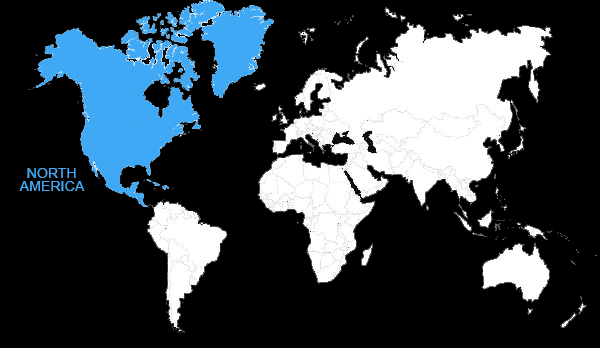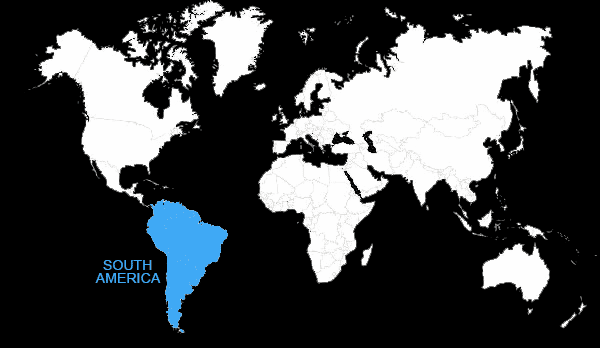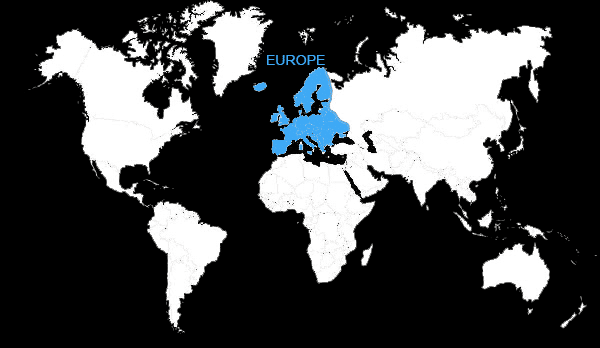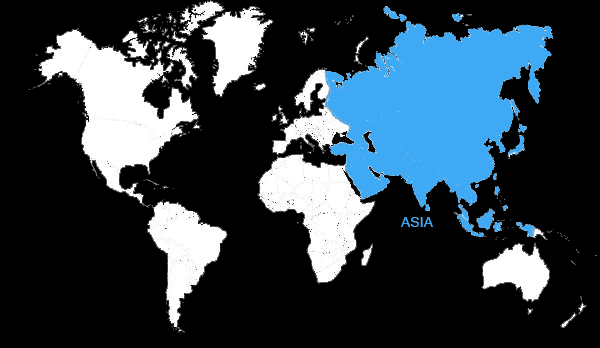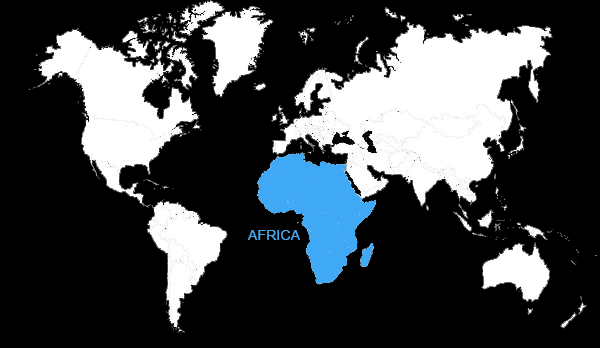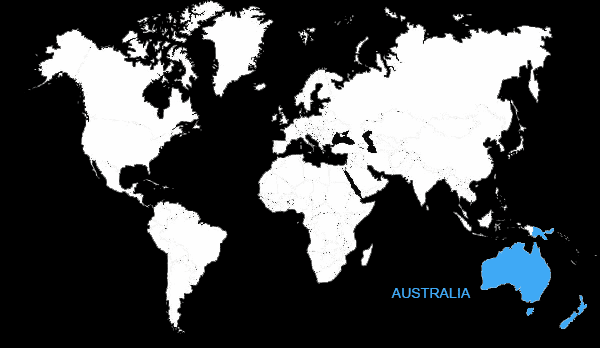Melbourne City FC Tryouts
Melbourne City Football Club is a professional soccer club based in Cranbourne East, Melbourne, Australia, that plays in the A-League, the top level of Australian football, under license from Australian Professional Leagues (APL).
Melbourne City FC Youth Development System
City Football Academy, Melbourne
Melbourne City FC is based at the City Football Academy, Melbourne – which houses the headquarters of the Club and is the City Football Group’s centre for football operations in the Asia Pacific region. Unveiled in February 2015 and established on the campus of La Trobe University, the CFA Melbourne features advanced new training pitches for the Melbourne City FC first team, two elite youth team pitches, dedicated community pitches, world-class medical and sports science facilities and expansive office space.
The City Football Academy, Melbourne, is located at 2 Crissane Rd, Bundoora.
Melbourne Football School
The Melbourne City Football School provides authentic and creative football coaching programs for boys and girls aged U5 – U14 utilising the training philosophy and methodology of Melbourne City FC and our sister English Premier League club Manchester City. It is dedicated to providing young players of all abilities with the coaching support, insight and football education they need to help take their game to the next level.
Through the creation of a player pathway program – the City PLAY Model, Melbourne City FC youth coaches will provide expert coaching to players with age-appropriate learning objectives from a curriculum built on the philosophy and training methods of the Melbourne and Manchester City Academies. Players focus on ball mastery to promote creativity and confidence on the ball, game-related situations to improve decision making and movement, and small sided games to identify and develop each player’s understanding of the game all in a fun and competitive environment.
Based at Bundoora (Parade College), Brighton (Brighton Grammar School) and now Casey (Casey Fields), players have the option to train once or twice a week with sessions available for all age groups both midweek and Saturday morning. Participants will be placed in groups with players of similar abilities and have the opportunity to be identified to progress into the Melbourne City FC talented player pathway.
Registrations for Term 3 and 4 2021 are now open! For more information on session days, timings and to register please follow the links below.
Click here to register for Parade College, Bundoora
Click here to register for Casey
Click here to register for Brighton
For more information on the program and registrations, contact Simon Zappia: simon.zappia@melbournecityfc.com.au
Football School Holiday Camps
Melbourne City FC Youth coaches provide expert coaching to players with age-appropriate learning objectives from a curriculum based off the Melbourne City and Manchester City Academy philosophy.
Our curriculum focuses on ball mastery and basic techniques to promote creativity and confidence on the ball, game-related situations to improve decision-making and movement, and small-sided games to identify each player’s understanding of the various phases of play.
With locations in Bundoora, Brighton and Casey, each day of a Melbourne City Football School camp will consist of different technical and tactical themes as well as an off-pitch lesson based on the Melbourne City and Manchester City psychology initiative, “City Tough”, as well as an interactive video analysis and sports recovery presentation.
All Melbourne City FC School Holiday Camps cater to players of all levels. Camp participants will be matched in groups with players of similar abilities. Players that attend will have the opportunity to be identified to progress into the Melbourne City FC talented player pathway. Click here for the most up-to-date information on available dates.
Melbourne City College of Football
The Melbourne City College of Football is a football development and student learning initiative that was established as a result of a groundbreaking partnership between Hyundai A-League club Melbourne City FC and John Fawkner College in Fawkner, Victoria. The program has now expanded to eight colleges across Victoria.
The key function of the Melbourne City College of Football program is to provide local Victorian schools with access to coaching resources from Melbourne City FC, establishing areas of co-operation in coaching, football services, elite training and playing opportunities, female coaching and commercial and community opportunities.
Register your interest in the Melbourne City College of Football
Melbourne City College of Football at John Fawkner College
Find out how you can be part of the Melbourne City College of Football program
If you are a primary or secondary school aged male or female student and would like to inquire about the Melbourne City College of Football program at John Fawkner College, contact Melbourne City College of Football coordinator, Kieran McDowell on email: mcdowell.kieran.j@edumail.vic.gov.au or ring the college on (03) 9359 1166.
Expressions of interest: Click here.
Melbourne City College of Football at Trinity Grammar
Melbourne City FC announced in March 2015 that Trinity Grammar School has joined the Melbourne City College of Football program as an affiliate school. The partnership will see Trinity Grammar School coaches and students engage directly with Melbourne City FC and its football program. Click here to read more.
Melbourne City College of Football at Rowville Sports Academy
Melbourne City FC announced in April 2015 that an agreement has been signed between Rowville Secondary College and the Melbourne City College of Football program.
Melbourne City FC celebrated the new partnership by inviting Rowville College Principal Glenn Fankhauser and students and SSV Premier League championship winning team members Damir Stoilovic and Luke Ellul, who are enrolled in its football academy for a tour of the City Football Academy, Melbourne. While Rowville will conduct its football program out of the Rowville Sports Academy, the tour of the CFA provided players and administration the opportunity to see the tangible benefits of being aligned with the Club’s Melbourne City College of Football program. Footballers in the Rowville Sports Academy will be given the opportunity to experience the high-quality Melbourne City facilities, based at La Trobe University.
Current Melbourne City FC player Paulo Retre, a graduate from Rowville College, is an example of the pathway that exists from College football through to the elite level and the Hyundai A-League and is likely to provide inspiration for Rowville students. Click here to read more.
Melbourne City College of Football at Eltham College
ELTHAM College will see students and coaches engaging directly with Melbourne City FC and the Melbourne City College of Football and establishing areas of co-operation in coaching, football services, elite training and playing opportunities, female coaching and commercial and community opportunities. Click here to read more.
Melbourne City College of Football at Overnewton College
Overnewton College are the latest school to join the program and will experience many of the same benefits that current Melbourne City College of Football affiliates experience. 40 students from the College also toured CFA Melbourne, undertaking a ‘be like a professional’ day where the group were put through their paces by the Melbourne City FC coaching staff. Click here to read more.
Melbourne City College of Football at St Michael’s Grammar
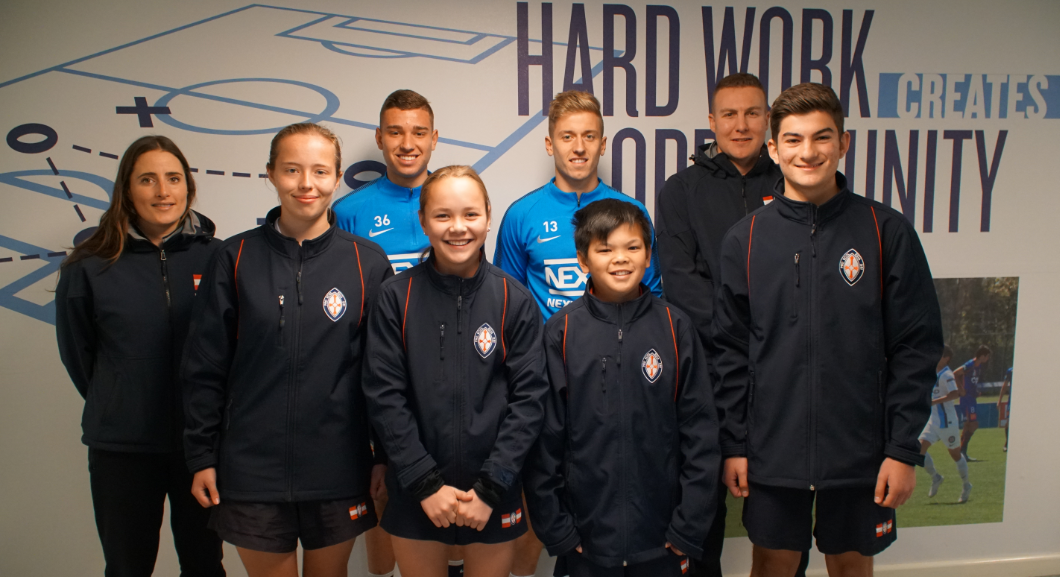
St Michael’s is the eighth school to be associated with the program, which allows Victorian schools to engage directly with Melbourne City’s development program and pathways.
Head of St Michael’s Grammar School, Simon Gipson said: “We are tremendously excited about St Michael’s new affiliation with Melbourne City Football Club. It will enrich the School’s robust football program, and provide our students with access to various elite opportunities.’
Director of Sport (7-12), Tyren Montebruno said the partnership was a fantastic development to the school’s already growing football program.
Montebruno, Sophie Gardener, Director of Physical Education at St Michael’s, and students Mima Golias, Siena Mulia, Aiden Leung and George Giannakarios visited the City Football Academy for a tour of the facilities, meeting players and staff to celebrate the new affiliation.
EXPLORE MORE CLUBS!
Explore more professional clubs by continent.
History
2010–14: Foundation
Following the dissolution of the National Soccer League in 2003, which was a direct result of the Crawford Report’s findings, preparations were made for the launch of a newly reimagined national competition to begin with the season that immediately followed. In 2004, Football Federation Australia opted for a “one city, one team” policy and announced that the Melbourne Victory had won the license to be the only Melbourne club to compete in the new national competition known as the A-League.
This decision was made despite the fact that there were calls for the new competition to feature two clubs from the city of Melbourne. It was also decided to put a moratorium in place that would last for five years and prevent any other expansion teams from the areas occupied by the eight original A-League teams from joining the competition until the 2010–11 season. This would give Victory the opportunity to establish itself in the Melbourne market over the course of five seasons.
On March 1, 2008, businessman and former vice-president of the Carlton Football Club Colin DeLutis expressed his interest in a second Melbourne A-League side. He approached the FFA to become the sole owner of the second licence with the bid name of ‘Melbourne City,’ and the FFA accepted his proposal. In May of 2008, FFA Chief Executive Ben Buckley discussed the potential of increasing the number of teams in the A-League from eight to twelve in order to get it ready for the 2009–10 season.
Buckley also disclosed the existence of a third Melbourne offer, which is currently being referred to as “Melbourne Heart,” and is supported by Peter Sidwell. This bid is intended to compete with the two existing bids, Southern Cross FC and Melbourne City.

On July 25, 2008, the Melbourne City proposal withdrew from the competition, leaving the Melbourne Heart offer and the Southern Cross FC bid as the only two bids still in the running. In September 2008, the offer that was supported by South Melbourne, Southern Cross FC, was defeated by the bid that was supported by Melbourne Heart, which was handed exclusive negotiating rights for the league’s 11th license.
The negotiations proceeded until 12 June 2009, when the FFA granted Sidwell’s group the license to participate in the 2010–11 season of the Australian Football League (A-League). On August 5, 2010, Heart played their first game of their debut season against the Central Coast Mariners in their home stadium, AAMI Park. Heart was defeated by a score of 1-0. Ben Kantarovski scored an own goal for the Heart in their second league match, which was a 1–1 draw against Newcastle Jets.
It was the first goal in the history of the club. On September 4, 2010, during the fifth round of their debut season in the A-League, Melbourne Heart defeated North Queensland Fury by a score of 1-0. This victory was the club’s first ever victory. On October 8, 2010, they competed against Melbourne Victory in what is known as the first ever Melbourne Derby, which they won 2–1. In their debut campaign, Heart finished tied for eighth place with Newcastle Jets in terms of points but ranked lower due to a lower goal differential. Even though they were in sixth place for the most of the season, they were not able to advance to the finals since they did not place in the top six teams.
After a second season that was only somewhat more successful than the first, Melbourne Heart placed sixth on the standings, which was good enough to qualify for the playoffs. At nib stadium, Heart’s first game of the finals was against Perth Glory, and they ended up losing by a score of three to zero. Despite the fact that the club continued to have success against regional adversaries over the course of the next two seasons, it was unable to finish in a position higher than the bottom two and was awarded the wooden spoon in 2013/14.
2014–19: City Football Group takeover and FFA Cup triumph
On January 23, 2014, it was reported that the City Football Group had paid $12 million to acquire Melbourne Heart. As part of the agreement, CFG would purchase eighty percent of Heart, with the remaining twenty percent being owned by a group of businessmen affiliated with the Rugby league club Melbourne Storm.
The club secured the services of David Villa, a striker who had won the World Cup for Spain, on loan from New York City FC on June 5, 2014. New York City FC is another club that is controlled by City Football Group. Up until New York City’s entry into Major League Soccer in 2015, it was anticipated that Villa will compete in the Australian League. Before being recalled by New York City, Villa only participated in four of the 10 games that were scheduled for him.
He scored twice in those games. Despite the fact that none of the matches were won, coach John van t Schip credited Villa with bringing attention to the new team, and it was projected that Villa’s presence tripled the club’s attendance. Before the start of the 2015–16 season, City Football Group made the announcement that it had paid a total of $2.25 million to acquire full ownership of Melbourne City Football Club by purchasing the remaining twenty percent share of the club that was held by a consortium.
This gave City Football Group full control of the club. The team gained a reputation for playing offensive and high-scoring soccer under John van t Schip’s tenure as manager. The 2015–2016 season was characterized as the club’s longest consistent run of on-field success during that time period. The club’s transformation into the most aggressive and (in terms of scoring) productive squad in the league during that season was largely attributable to the signing of Uruguayan striker Bruno Fornaroli.
The senior team finished the regular season in a club-high fourth place on the table, while the women’s team accomplished a remarkable feat by winning all 14 of its regular season games on the way to a first-ever premiership and championship in the club’s first season competing in the women’s league. Both of these accomplishments came during the club’s first year participating in the women’s league. In November of 2016, the men’s team became the first in its history to qualify for a final of any kind.
They went on to win their first trophy of any kind by defeating Sydney FC 1-0 in the 2016 FFA Cup Final. Despite this victory, City was unable to sustain their winning streak in knockout finals matches, falling at the elimination or semi-finals stage of the series for multiple seasons running. van t Schip left the team in the middle of the 2016–17 season to be with his terminally sick father. The remainder of the season was managed temporarily by Michael Valkanis, and it finished with the club’s elimination from the playoffs at an earlier stage than usual.

In the wake of van t Schip’s exit, the City management recruited Warren Joyce, a former coach for both Manchester United Reserves and Wigan Athletic, to take over as manager ahead of the 2017/18 season. Joyce was not successful in her attempts to win trophies for the club, despite the fact that she oversaw improvements in the team’s defensive ability.
He left the team at the conclusion of the 2018–19 season, which was the fourth consecutive year in which the club did not make it to the Grand Final, although having a winning % that was respectable. Joyce’s “two years in charge will be remembered for the number of high-profile players who departed the club” under his watch, according to a report by Fairfax soccer journalist Michael Lynch.
Despite improving the team defensively, Joyce’s tenure will be remembered for the number of high-profile players who left the club under his watch, which included a falling out with star striker Fornaroli, as well as the departures of Neil Kilkenny, Fernando Brandán, and Australia’s leading goalscorer Tim
2019–present: 2020 Grand Final loss and maiden Championship & Premiership Double
In preparation for the 2019–20 season, the club named Erick Mombaerts, a Frenchman, as its new manager. Additionally, there were additional changes made to the player roster. In order to bring some attacking spark to the side, international players Florin Berenguer, Adrián Luna, and Craig Noone were brought in.
In addition, a player named Jamie Maclaren, who had previously played for Hibernan and Brisbane, was signed as the club’s marquee striker. Under Mombaerts City made it to its second FFA Cup Final, although they were defeated by Adelaide United with a score of 4–0. Adelaide United was the host team.
After suffering the defeat, the squad came back stronger than ever to finish the season in second place with 47 points, which was their best finish ever. Maclaren won the Golden Boot award with 22 goals, and the club qualified for its first ever Grand Final by beating a local rival team called Western United.
However, in the end, the club was unable to advance past the first round of extra time because they were defeated by the home team Sydney FC by a score of 1-0. Mombaerts left the club in September of 2020, and his position was taken over by Patrick Kisnorbo, who had been his assistant previously. Kisnorbo led City to a record-breaking season in the 2020/21 campaign, during which the club won its first-ever A-League championship, three games before the conclusion of the regular season.
Kisnorbo led a relatively young City side through the A-League finals series without several key stars, and they won the 2020/21 A-League Championship by defeating Sydney FC 3-1. The goals were scored by Nathaniel Atkinson, Scott Galloway, and Scott Jamieson. This was the first time the club had won the A-League Premiership.



